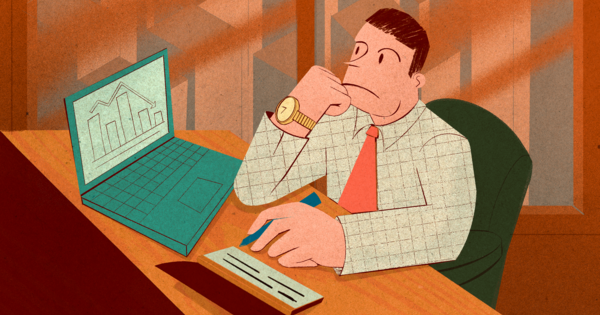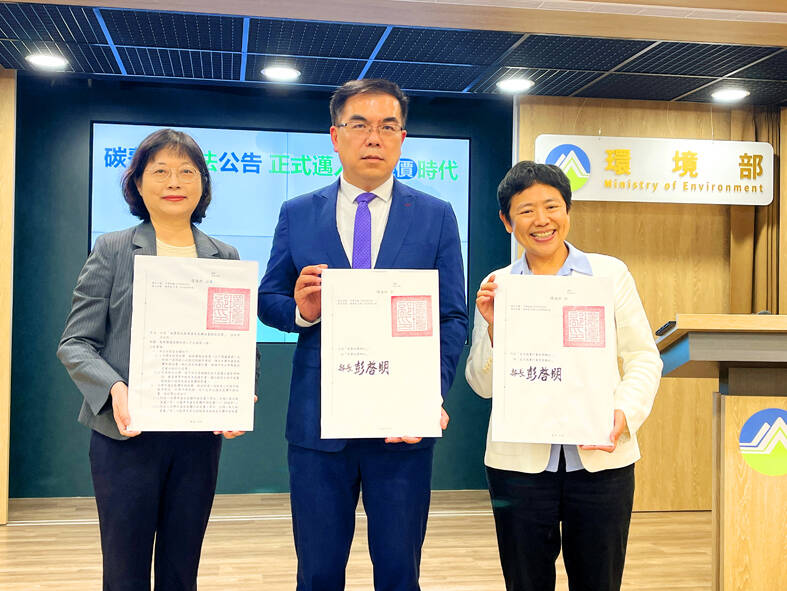
Should Corporations Prioritize Corporate Social Responsibility?

Introduction
The debate over whether for-profit companies should invest in corporate social responsibility (CSR) and other socially motivated spending is ongoing. Some argue that companies have a responsibility to society, while others believe that the sole focus should be on shareholder value. However, Kelly Shue, a professor of finance at Yale SOM, argues that these arguments overlook a crucial factor: the incentives of the CEO. Shue’s research shows that when CSR efforts start to affect CEOs’ personal income or their standing with shareholders, these efforts significantly slow down.
CEOs as Human Beings
Shue emphasizes that CEOs are human beings with opinions and preferences, not profit-maximizing machines. CEOs often want to be socially responsible and make decisions that benefit their workers. They may have closer interactions with their employees, seeing them as real people rather than just corporate assets. CEOs also have their own preferences when it comes to CSR and may view investing corporate money in social or environmental causes as a perk of their job.
Research Findings
Shue and her fellow researchers conducted two tests to determine when managers cut back on CSR efforts to prioritize profitability:
- 2003 Dividend Tax Cut: After the dividend tax cut, CEOs who owned moderate levels of stock in their companies were most motivated to maximize the businesses’ value at the expense of CSR. Companies with moderate CEO stock ownership experienced a sharp decline in CSR, while companies with either high or no CEO stock ownership saw less change.
- Shareholder Proposals: Firms in which shareholder proposals narrowly passed experienced slower growth in CSR compared to firms where proposals narrowly failed. CEOs sense that shareholders closely monitor their actions and prioritize profit maximization.
Conclusion
Shue’s research challenges the dominant narrative that CEOs are solely profit-maximizing machines. CEOs are influenced by their own incentives and preferences, and when CSR efforts affect their personal income or standing with shareholders, these efforts slow down. It is easier for CEOs to prioritize CSR when it does not directly impact their own finances. However, this research also highlights the human side of CEOs and their potential for social preferences.
SDGs, Targets, and Indicators
1. Which SDGs are addressed or connected to the issues highlighted in the article?
- SDG 8: Decent Work and Economic Growth
- SDG 10: Reduced Inequalities
- SDG 12: Responsible Consumption and Production
2. What specific targets under those SDGs can be identified based on the article’s content?
- SDG 8.5: By 2030, achieve full and productive employment and decent work for all women and men, including for young people and persons with disabilities, and equal pay for work of equal value.
- SDG 10.4: Adopt policies, especially fiscal, wage and social protection policies, and progressively achieve greater equality.
- SDG 12.6: Encourage companies, especially large and transnational companies, to adopt sustainable practices and to integrate sustainability information into their reporting cycle.
3. Are there any indicators mentioned or implied in the article that can be used to measure progress towards the identified targets?
- CEO ownership of the firm: This can be used as an indicator to measure progress towards SDG 8.5, as CEOs who own moderate levels of stock in their companies may be more motivated to maximize the businesses’ value at the expense of doing good.
- Changes in CSR efforts: The researchers found that companies where managers owned a moderate amount of stock saw a sharp decline in CSR. This can be used as an indicator to measure progress towards SDG 12.6, as it reflects the level of corporate investment in sustainable practices.
- Shareholder proposals: The researchers compared shareholder proposals that narrowly passed to those that narrowly failed and found that firms in which proposals narrowly passed experienced slower growth in “goodness.” This can be used as an indicator to measure progress towards SDG 10.4, as it reflects the level of equality and social protection policies adopted by companies.
Table: SDGs, Targets, and Indicators
| SDGs | Targets | Indicators |
|---|---|---|
| SDG 8: Decent Work and Economic Growth | SDG 8.5: By 2030, achieve full and productive employment and decent work for all women and men, including for young people and persons with disabilities, and equal pay for work of equal value. | CEO ownership of the firm |
| SDG 10: Reduced Inequalities | SDG 10.4: Adopt policies, especially fiscal, wage and social protection policies, and progressively achieve greater equality. | Changes in CSR efforts |
| SDG 12: Responsible Consumption and Production | SDG 12.6: Encourage companies, especially large and transnational companies, to adopt sustainable practices and to integrate sustainability information into their reporting cycle. | Shareholder proposals |
Copyright: Dive into this article, curated with care by SDG Investors Inc. Our advanced AI technology searches through vast amounts of data to spotlight how we are all moving forward with the Sustainable Development Goals. While we own the rights to this content, we invite you to share it to help spread knowledge and spark action on the SDGs.
Fuente: insights.som.yale.edu

Join us, as fellow seekers of change, on a transformative journey at https://sdgtalks.ai/welcome, where you can become a member and actively contribute to shaping a brighter future.





